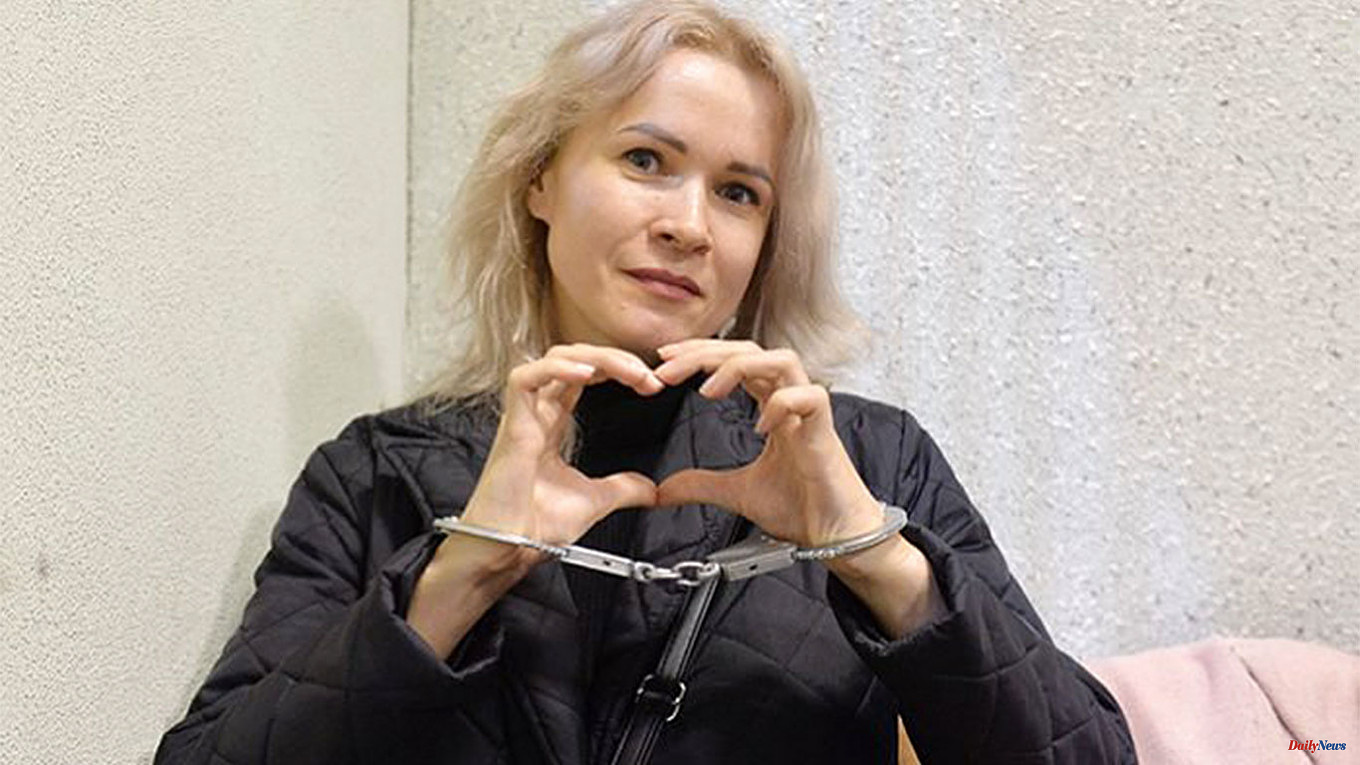The Leninski court, in the Russian region of Altai, has sentenced this Wednesday the journalist and activist Maria Ponomarenko to six years in prison for spreading "false news" about the actions of the Russian Army during the siege of the city of Mariupol, in the south of Ukraine.
The Siberian journalist for the RusNews news portal was arrested last April after criticizing the Russian bombing of the theater in that city, although the Kremlin has denied responsibility for the bombing, which left hundreds dead.
The court has ruled that Ponomarenko, 45, is guilty of violating the censorship law passed by the authorities after the start of the war, according to what the media itself has reported. In addition, he has prohibited her from doing his job for a period of five years.
"It would be enough to open the Constitution and read to prove my innocence," said Ponomarenko, who has asserted that "no totalitarian regime has been so strong just before its own collapse."
Ponomarenko was hospitalized last summer and underwent a psychiatric examination. Subsequently, she attempted suicide to protest her detention. The journalist is among at least 150 people who have been tried in Russia under this "false information" law for having disseminated information about Army movements.
RusNews has indicated in its Telegram account that Ponomarenko denies being a criminal, although the Investigative Committee of Russia in Altai has reported that the journalist had published a series of photos and videos on the Internet that contained "unreliable information about the actions of the Russian Armed Forces".
"On previous occasions, she was warned to put these actions aside and accused of committing administrative offenses," the committee said in a statement. His lawyer, Dimitri Shitov, has explained in statements to the Amic news portal that "they are not satisfied" with the verdict since they had requested his acquittal.
However, he has affirmed that they will appeal the judicial decision and has pointed out that "everyone knew that a miracle would not happen." "Perhaps other courts will correct this ruling. There is hope that an appeal will go ahead in the Supreme Court," she said.
In his last court hearing, Ponomarenko stressed that the Ukrainians "asked for an end to the violence." "We live in the 21st century, not in the Stone Age. The same things that you support in neighboring countries you prohibit in yours. It is pure hypocrisy," he asserted then.
According to the criteria of The Trust Project












